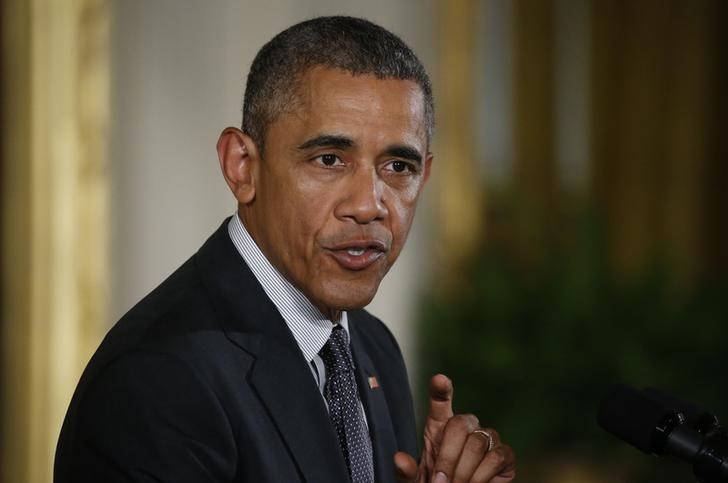By Daniel Wiessner
(Reuters) - The Obama administration on Tuesday unveiled details of a long-awaited proposal that would make nearly 5 million more U.S. workers eligible for overtime pay, but many businesses say it would force them to cut hours and wages.
Under the proposal, the maximum income a salaried worker could earn and still be eligible for mandatory overtime pay would rise to $50,440 from $23,660, the first significant change in four decades.
U.S. Labor Secretary Thomas Perez said millions of workers would earn an estimated $1.3 billion in additional wages annually. Others would work less hours for the same amount of money, and many businesses would create new part-time positions to fill the gap, he said.
"By updating the salary threshold to keep pace with inflation and wage growth, this proposal guards against future erosion of overtime protections while providing certainty for businesses," Perez said during a telephone press conference.
The proposal would touch nearly every sector of the U.S. economy, with the biggest impact on retail, hospitality and restaurants.
Industry groups say businesses will cut worker hours, demote managers and potentially cut wages in response.
"There simply isn't any magic pot of money that lets employers pay more just because the government says so," said David French, vice president of the National Retail Federation.
The move drew praise from left-leaning groups and Democrats, including 2016 presidential candidate Hillary Clinton, who in a tweet called the proposal "a win for our economy and workers nationwide."
Many observers expected the proposal to include a narrowing of an exemption from overtime pay protections for white-collar workers based on the percentage of time they spend on management tasks. Instead, Perez said, the administration will use public comments to decide whether to change the so-called duties test.
Groups supporting the proposed increase in the income threshold were concerned many low-level workers misclassified as managers would not benefit from the protections offered by the new rule.

The current proposal "threaten(s) to deny far too many workers the overtime pay protections they deserve," said Christine Owens, executive director of the nonprofit National Employment Law Project.
The proposal would also index the income threshold so that anyone in the bottom 40 percent of earners would be eligible for overtime pay. The current threshold does not even cover the bottom 10 percent, according to the Department of Labor.
President Barack Obama first announced the move on the Huffington Post website on Monday evening. The formal publication of the proposal, expected on Thursday, will set off a 60-day public comment period. The rule would take effect next year.